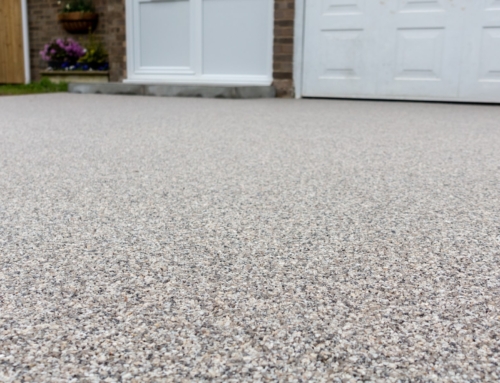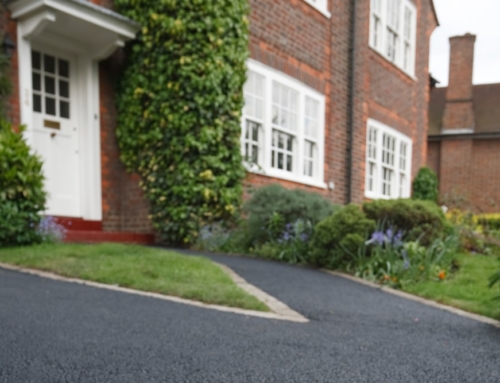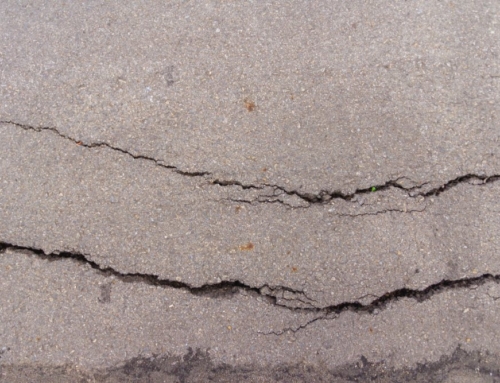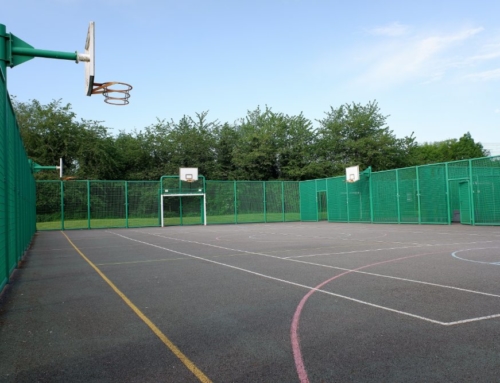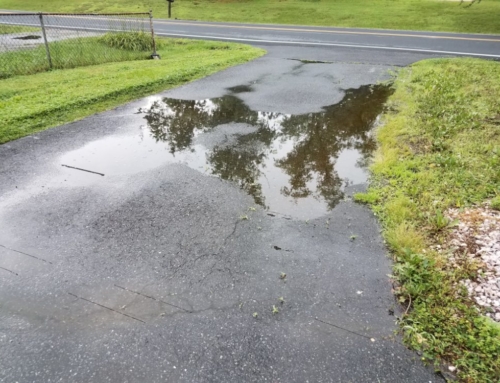Slippery Driveway Solutions
A beautiful, smooth new driveway may look stunning but can often be impractical in wet or cold conditions. Luckily, there are a variety of ways to tackle the issue. This article is going to highlight some possible solutions and help you to drive safely no matter the weather.
What causes a slippery driveway?
The type of surface you use for a driveway, combined with the type of weather present, will affect the slipperiness of your driveway. Smooth surfaces, such as brick or stone, will struggle to provide grip to car tyres when wet. Friction is greatly reduced due to the smoothness of the surface, and will therefore be more prone to slips compared to textured surfaces.
Cold conditions can also wreak havoc on certain driveway surfaces. Pored surfaces, such as bonded resin or cracked concrete, provide an opening for water to penetrate and settle before turning to ice in the cold conditions. Certain spots in the driveway become particularly slippery as a result of the new icy coating.
Wet slippery driveway solutions
If you’re looking to have your driveway resurfaced and are worried about slipperiness, it could be a wise idea to opt for a resin bound gravel surface. A mixture of aggregate stones, water doesn’t coat this surface as effectively and thus wheels have better grip. It’s also a highly aesthetic surface so may be worth the resurfacing if not just for practical reasons.
A less invasive method is to use polymer grit and a sealer to add a slip resistant coating to your driveway’s current surface. Sealers act as a barrier between surface and water, but the sealer itself can become slippery if used on a smooth surface. Therefore it is advised to use a grit within the sealer to provide a slightly rougher texture. This ultimately creates more traction, and reduces the slipperiness of the surface. Though many people may be worried that the addition of grit will ruin the aesthetic of their beautiful smooth driveway, the grits are often very fine and won’t ruin the attractive appeal. Plus, decorative concrete sealers can be used to retain — and even improve — the look of your driveway.
Icy slippery driveway solutions
Slippery driveways will often be caused by ice either inside of cracks or sitting on top of the surface. Sealer products will need to be applied to combat this.
If you have a pored surface, meaning a surface with gaps in it (including cracks), then we recommend using a pregnator sealer. Pregnator sealers permeate the surface, getting deep into the surface gaps and creating a barrier to stop water from getting inside.
Another method is to use a coating sealer; this will sit on top of the surface and act as a barrier from ice settling on top.
For a more comprehensive solution, an all-in-one sealer will do both of the above, providing protection both from within and on top of the surface.
The experts at UK Surfacings are here to help provide a driveway that is as safe as it is attractive. For any queries or questions you may have, or to learn more about the wide range of surfaces we offer, give our friendly team a call today.

